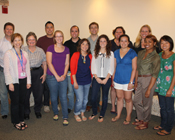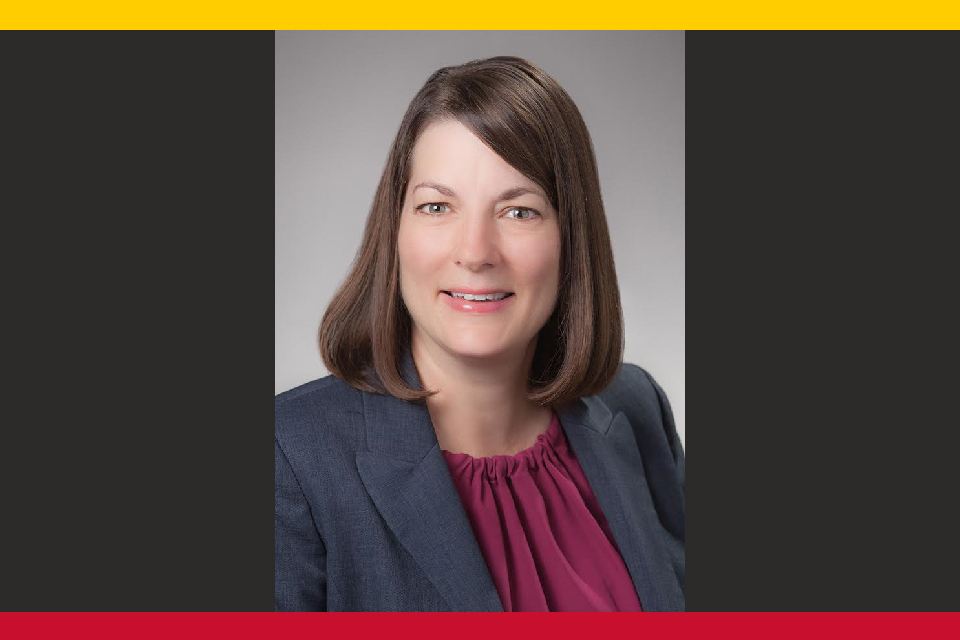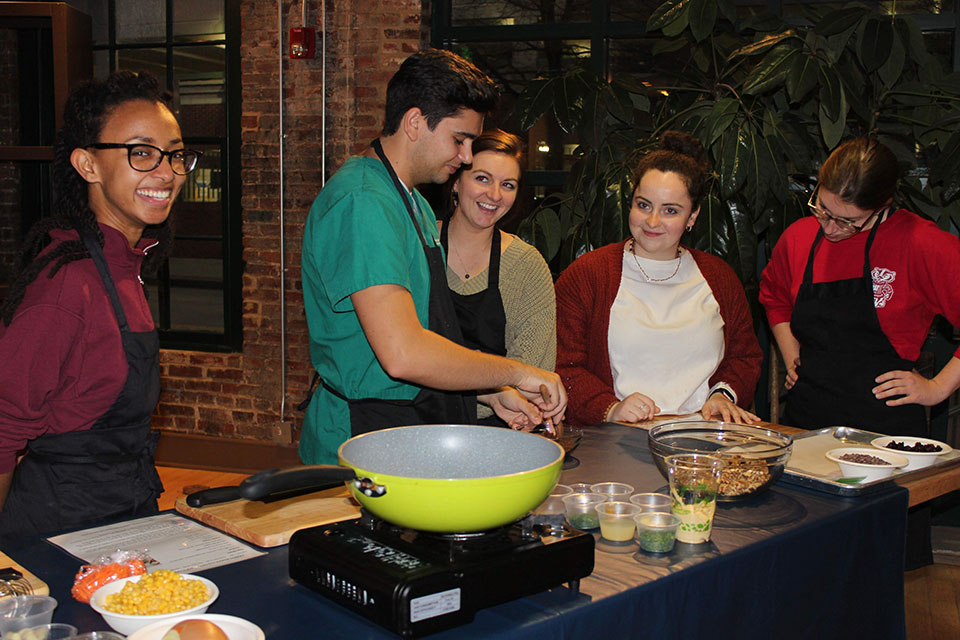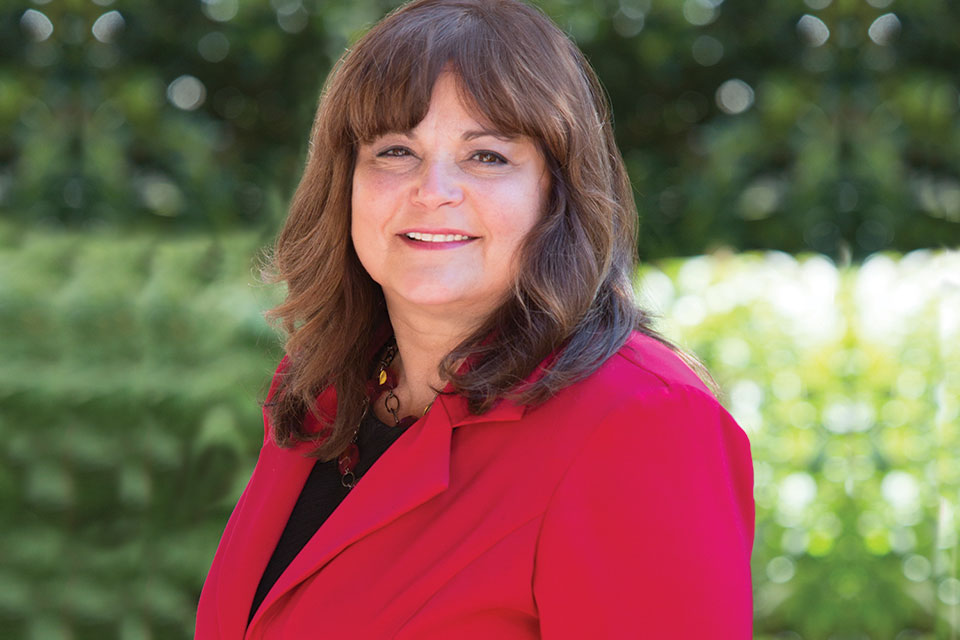Two SOP Students Head to Malawi to Study Maternal/Child Health
Student pharmacists participating in a global health project with students and faculty from all six of the University of Maryland’s professional schools.

By Ed Fishel
June 29, 2012
Twelve students, representing each of the University of Maryland’s six professional schools in Baltimore, will depart Baltimore/Washington International Thurgood Marshall Airport in early July for Blantyre, Malawi, for a six-week study of maternal/child health services. The project will also determine if gaps in care exist, and if so why-from a local, national, and international perspective.
Maria Maunz, a third-year student pharmacist, and Monet Stanford, a second-year student pharmacist, are representing the School of Pharmacy on the summer trip.
The students will work together to administer the World Health Organization’s Safe Motherhood Survey in the rural district of Chikhwawa, in the southern region of Malawi. Chikhwawa, the same district visited by last year’s interdisciplinary project team, is one of the sites participating in Miriam Laufer, MD’s seven year surveillance study of malaria in Malawi. Laufer is an associate professor at the School of Medicine.
The team of students will survey all forms of maternity services in the district, from the smallest health centers to the district hospital, to trace the health services available to women in the area. Students will create a database to collate the information and provide feedback to the maternal/child health officials in Malawi. The project developed out of discussions between School of Medicine representatives and local Malawi leaders, who noted that while groups conduct surveys and needs assessments in a single site where they plan to work, health officials do not have an opportunity to collect data in a standardized fashion across the whole district. The University’s interdisciplinary team hopes that its report will help local health care providers advocate for more and better services in maternal/child health (especially in remote areas), identify areas that require urgent attention when new programs are available, and be useful on the national level for policymakers to determine changes that need to be made.
“I am participating in this cultural immersion experience to define for myself the true meaning of public health,” says Stanford.
“Participating in this Global Health student project will help hone my skills to benefit those who are less fortunate or at some other disadvantage,” says Maunz. “Through the project, I hope to learn from the people of Malawi who have a completely different culture from my own and a radically different approach to life and healthcare. The experience will teach me how to work through cultural and language barriers. This is especially important to me because I would like to work with non-English speaking populations in my career as a pharmacist. Too often, their needs go unmet because of these barriers and lack of mutual understanding. I value opportunities in which I can expand myself to develop better competence and awareness of others’ cultures because it will enrich my knowledge and allow me to better serve others.”
While the entire team will be together in Blantyre for the first week of the project to gather background information and finalize its research strategy, the team will then divide into two groups to visit health centers and hospitals in different parts of the district. They will be joined by students from the University of Malawi law school.
In addition to conducting fieldwork, the group hopes to schedule several workshops and meetings with stakeholders in the Malawi health care field and human rights communities to gather information about the country’s health care system and human rights advocacy. The meetings will provide context for the survey findings and the fieldwork.
The students will focus on district, national, and international policies and funding sources to help them understand how maternal/child health is regulated and funded.
To follow the progress of the project, visit the Malawi Project Facebook page.



